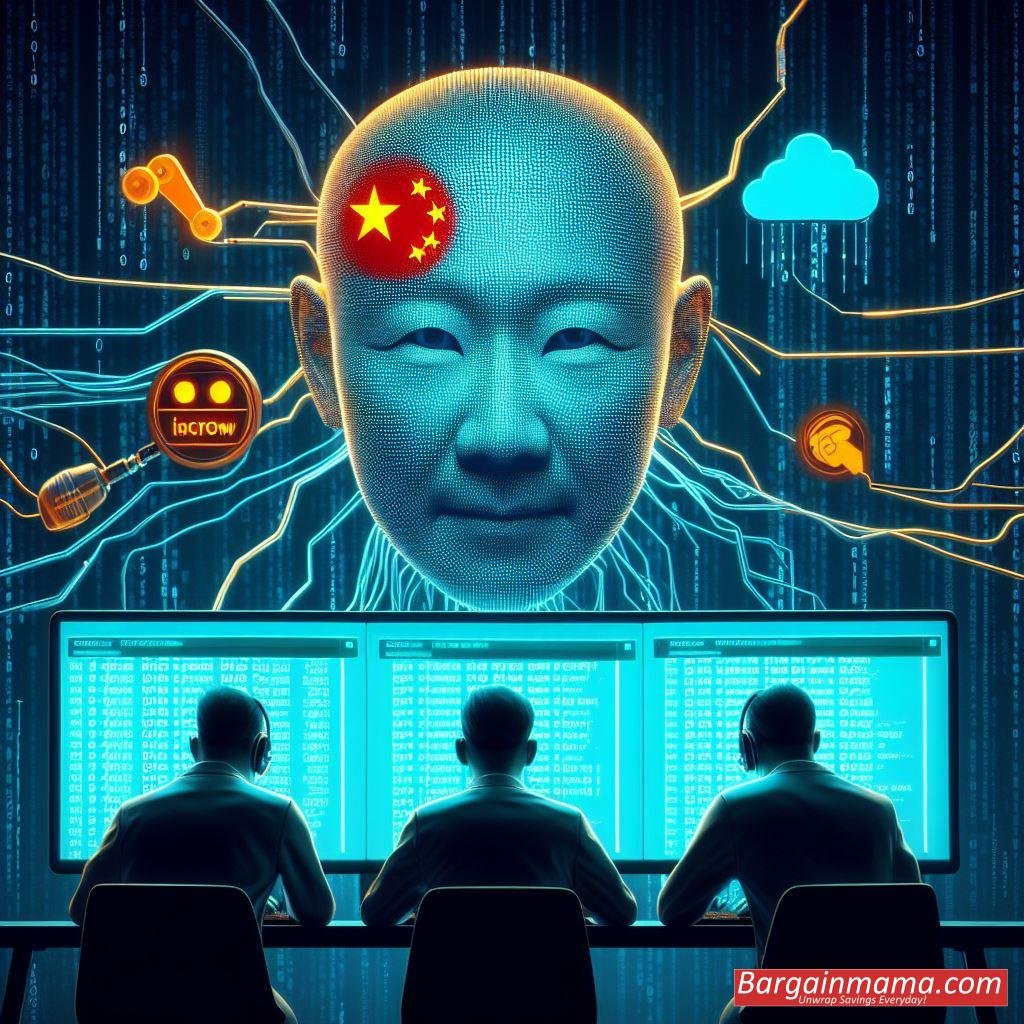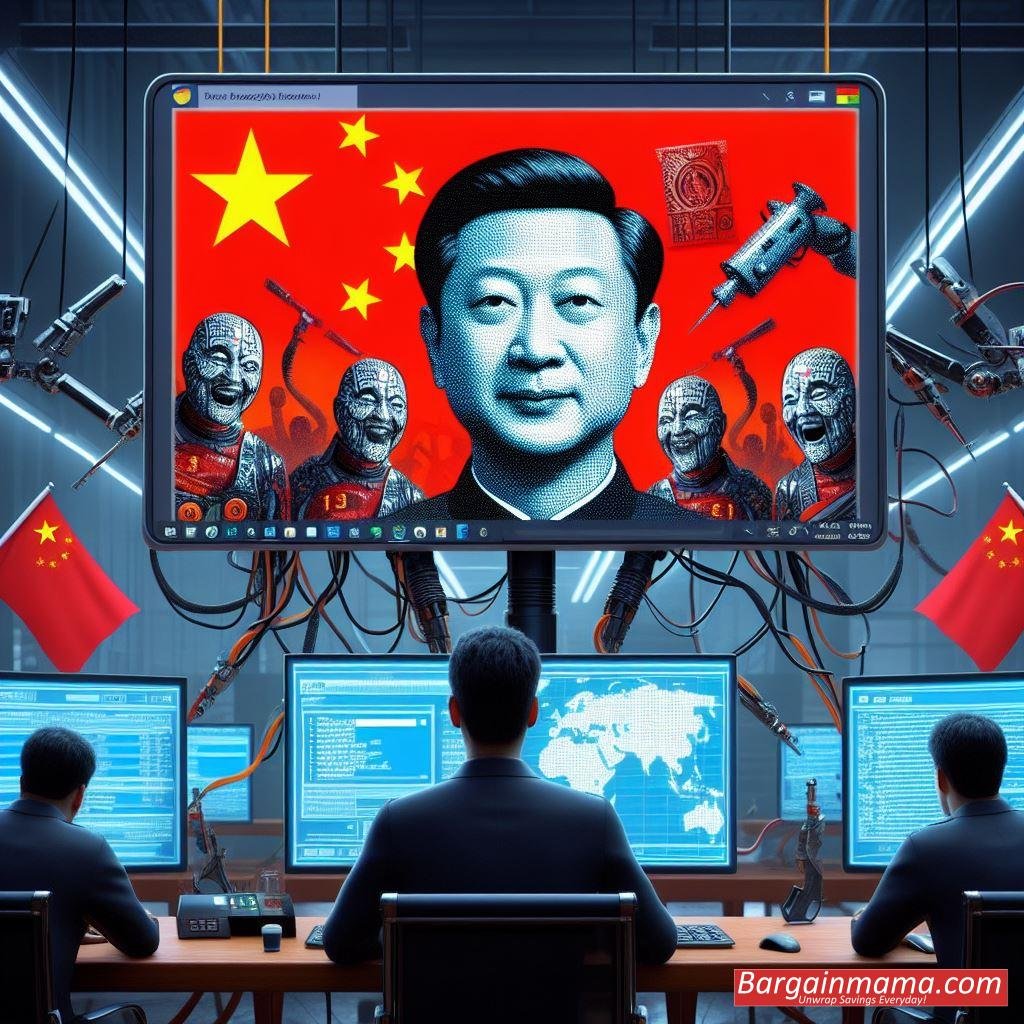In the middle of upcoming national elections in South Korea, India, and the US, Microsoft has released an analysis that raises concerns about possible Chinese cyber meddling. The research states that efforts by North Korean and Chinese cyber agents to sabotage political processes are probably going to increase, with an emphasis on India’s impending Lok Sabha elections.
India is preparing for a thorough seven-phase electoral process that will take place between April 19 and June 1 with the goal of electing 543 members to the 18th Lok Sabha. Interestingly, there are many vote dates for the Lok Sabha election, and major states like Bihar, West Bengal, and Uttar Pradesh will have voting in each of the seven phases. On June 4, 2024, the results are scheduled to be released.

According to Microsoft’s Threat Intelligence study, Chinese cyber and influence actors use complex strategies, such as influence operations and espionage across many geographies. Targeting nations like Taiwan, Japan, and South Korea, these efforts allegedly use AI-generated content to foment discontent within the US and take advantage of geopolitical tensions in the Asia-Pacific region.
Among the main features of these ads have been AI-generated news anchors created using programs like ByteDance’s CapCut. During February 2023, the actor known as Storm-1376 has notably increased the employment of artificial intelligence (AI) news anchors. Moreover, Storm-1376 has used memes created by AI to disparage political people, like William Lai in the Taiwanese presidential election.

The Microsoft research also cites instances in which artificial intelligence (AI) produced audio snippets were used to fabricate endorsements from well-known individuals, including Terry Gou, the owner of Foxconn and a past independent candidate for president of Taiwan. Such dishonest strategies highlight how sophisticated cyber interference techniques are becoming.
The research alerts readers to China’s growing experiments with manipulating memes, videos, and audio, even if the immediate effect of AI-generated content on influencing audiences may be little. Future electoral integrity may face serious difficulties as a result of this tendency.

The Microsoft report’s conclusions serve as a sobering reminder of the dynamic nature of cyber meddling in electoral processes, underscoring the necessity of strong cybersecurity defenses and alertness in the run-up to important elections throughout the globe.



